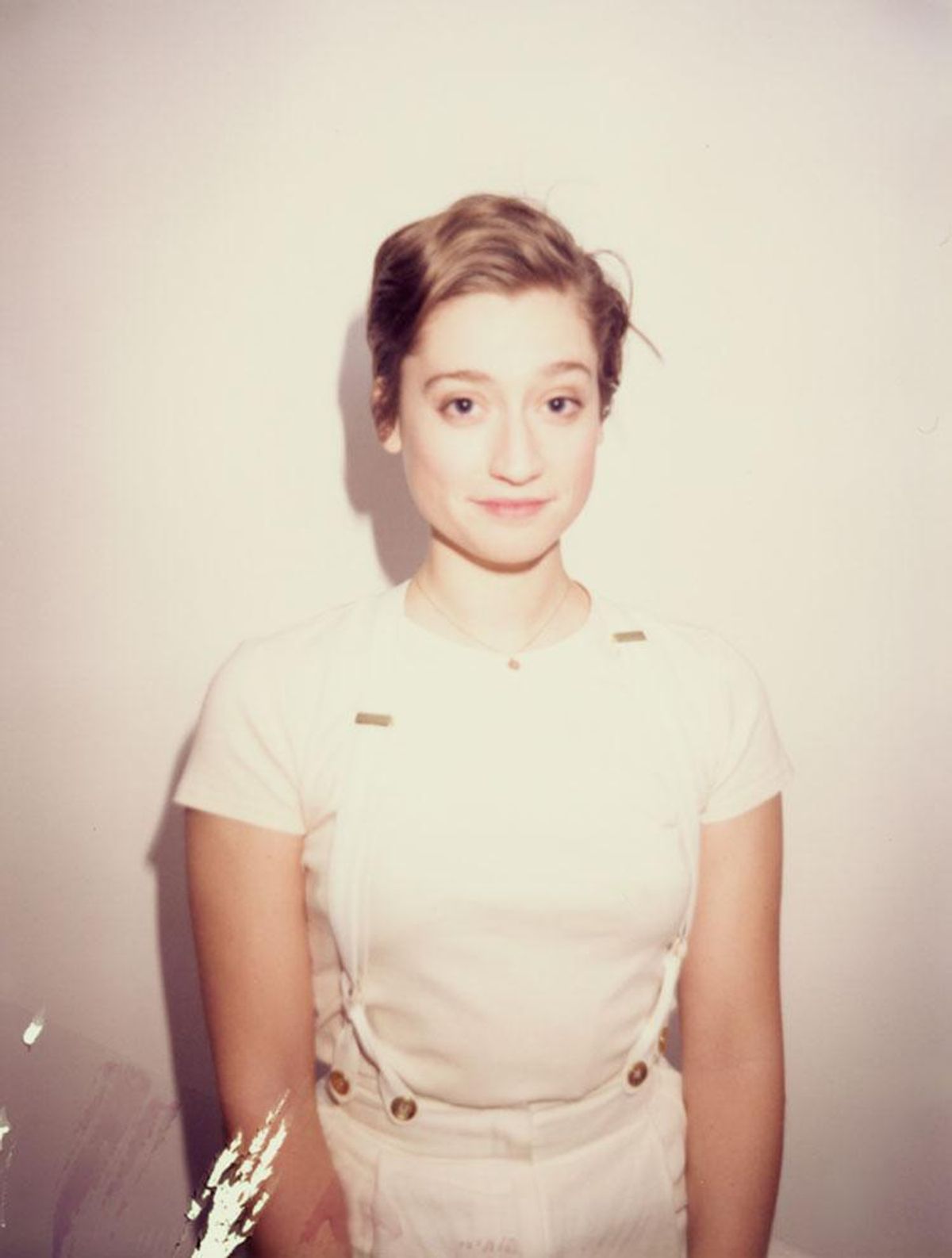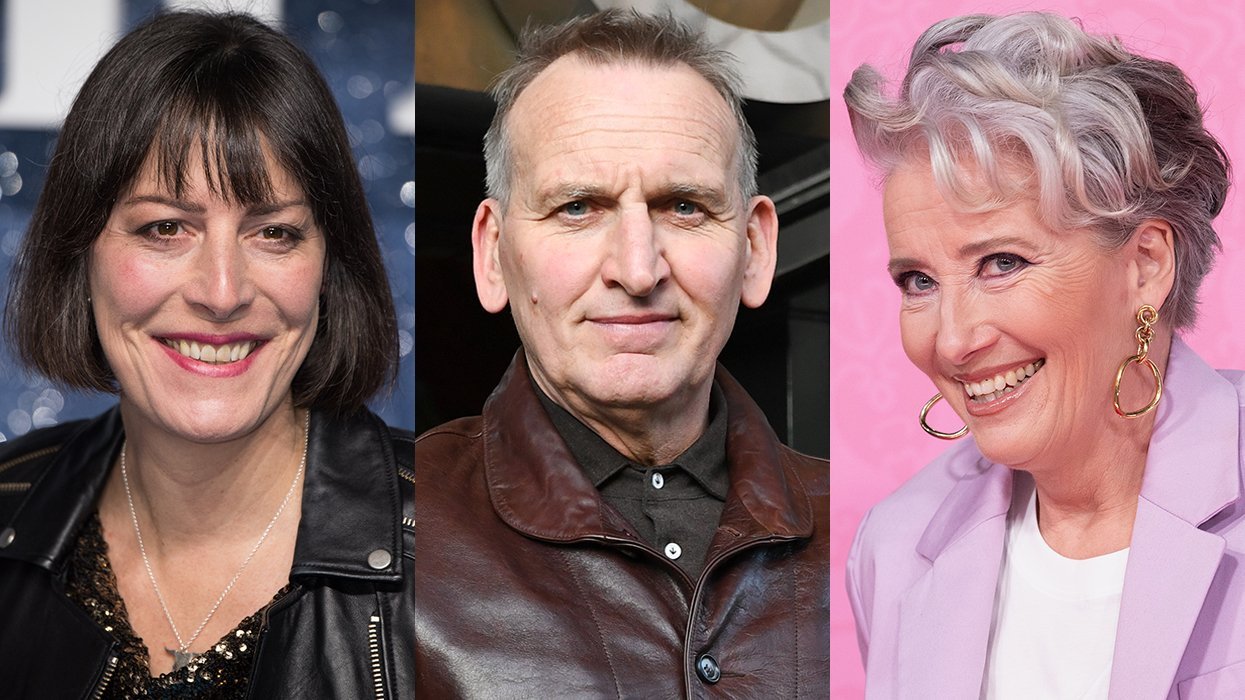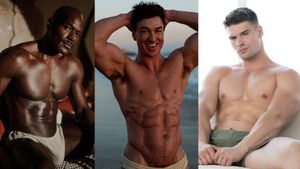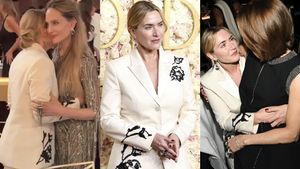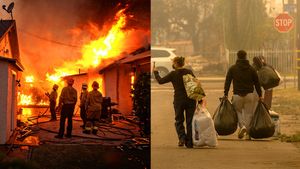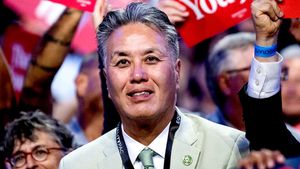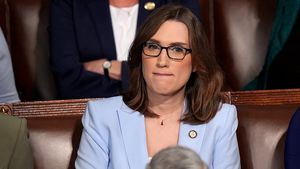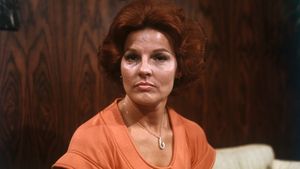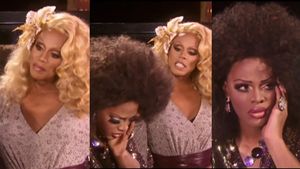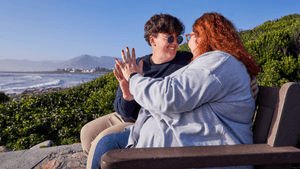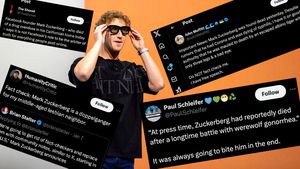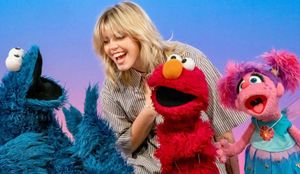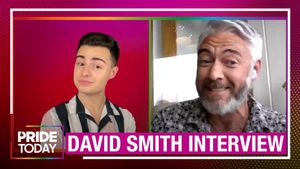"'JAWS' was on TNT that afternoon. I was 6 years old and my older brother decided to watch it while I was trying to hang out with him on our bumpy, cream colored, sectional sofa. I was terrified. That night I went to bed, completely beside myself. How could I ever go to the ocean again knowing what lurked underneath those waters? How could I ever go swimming in my neighbors' pool without clinging on to the side for safety, away from the gigantic mouth of a shark with a most-certainly personal vendetta against me? I cried and I cried and my mother made him stay in my room with me. "It's not going to jump out of your sippy cup," he said. I didn't need to actually see or experience a shark attack to know I was really, really, really fucking scared of them.
I was 25 when I finally came out as bisexual. I felt such anger swimming inside of me: the familiar and haunting tune that would play whenever I'd feel myself admiring a woman. Duh-nuh. Duh-nuh. I was on tour in Amsterdam and cried in the rain in front of Anne Frank's childhood home. Wondering at the historic home before me, I felt my tears mix with the rain and the shark in my belly glide toward my throat. I had to tell someone my truth, that I was a queer person, or it was going to kill me. The terror of not knowing if I'd be accepted by my friends, family, and most importantly my partner of 8 years (who is a guy) terrified me. What if they don't believe me? I flew home and began the painstaking process of coming out to everyone. My partner, friends, and family so graciously and kindly accepted me. But I discovered that there would be more questions I'd need to answer for them; "How do you know?" "Don't you think you need to experience it to be sure?" "Is your partner okay?" These were all fair questions, but stirred up doubt in myself. I knew this thing about myself so clearly. Just because you don't see the sharks, doesn't mean they're not there, that the waves don't look enticing glistening in the sun. You can know you are queer before having queer sex or a queer relationship.
I worked these feelings out while writing my music. Feeling particularly frustrated at myself, at God, at my queerness. How could I explain something so innately a part of who I am? It was isolating. What if my partner now doubts my commitment? What if my friends don't believe me? I was closeted for my entire life and now was asking myself all these questions. Coming face to face with my fear, the sippy cup flowing over. I began to express my anger in my writing and try to understand bisexuality better. What if I'm not queer enough? What if I'm a phony or a liar? Should I have come out? I had always been very open with my struggles with mental health disorders, but what if this was too much? What if people thought I was trying to jump on some sort of "trend"? After publicly coming out to fans and talking about it at shows, I began to have conversations at the merch table with so many people like me. Other bi/pan/queer people who felt like a minority not only in a heteronormative world, but within the LGBTQ+ community as well.
My mental health seriously declined after I came out. I started to feel aware of the great impact being closeted had on my everyday life. The idea that I still needed to fit in this binary of femme or butch or straight or queer, even after being out, exhausted me. I stopped trusting myself. My depression and suicidal ideation grew worse. I knew I wasn't half straight/half gay. I knew I wasn't lying. I knew I was not confused. I feared that I would never fully accept myself even with the validation of those who loved me. The lack of trust in myself lead to paranoid ideas that I could not trust the people around me. The orchestra grew loud. Duh-nuh. I felt like I was being pulled under the water. I realized I was not being pulled under by the great teeth of a prehistoric, living relic, but pulled by exhaustion weighing down on my legs and arms. Treading water that had seemingly lost it's silky, atomic structure and became a gentle, cement blanket on my limbs. Water filled my lungs and I blacked out.
Crippling depression and suicidal ideation came swiftly. I moved home and started intensive therapy. I felt that I had ruined my entire life. That I hurt someone so profoundly important to me. That if I were straight, none of this would have happened. That if I could look out into the ocean of my life, and ignore what lie beneath the water and focus on the horizon, no matter how loud that familiar tune played, I could make everyone, including myself, happy. Unfortunately, these are all very common experiences for bisexual people.
Fast forward eight months later into recovery and I was about to record 'Magic Gone'. The first record I'll release with songs explicitly talking about my sexuality. It is the most honest batch of songs I've ever written, and I feel at peace with who I am, and I'm prepared to share it with the world. I still feel the sting of the memories that brought me to this point. I still feel heartbroken over the ones I've loved who have endured my pain with me. My heart no longer races with anxiety and grief at the sight of woman; the orchestra in my head doesn't begin to lay into the chromatic two pitches that signify danger being near. I will always be working on building the trust and love for myself that was so underdeveloped. I will always feel hurt that so many bisexual people struggle and face such disparities in care, acceptance, and validation. But now I vocalize that hurt, I sing out the pride of living through the pain and I hope that it rings in the ears of people who need to hear it. I look out at the ocean and decide to go for a swim, fully aware of the sharks, and mystified by their strength and beauty."
--Petal (Kiley Lotz)
Petal's album, 'Magic Gone' is out this Friday, June 15.
She will also be performing and joining a discussion with Daniel K. Isaac (from the hit show Billions) at The Strand in NYC on Wednesday, June 13. For more information, click here.
Check out the video for her hit song 'Better Than You.'
